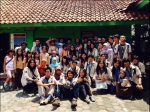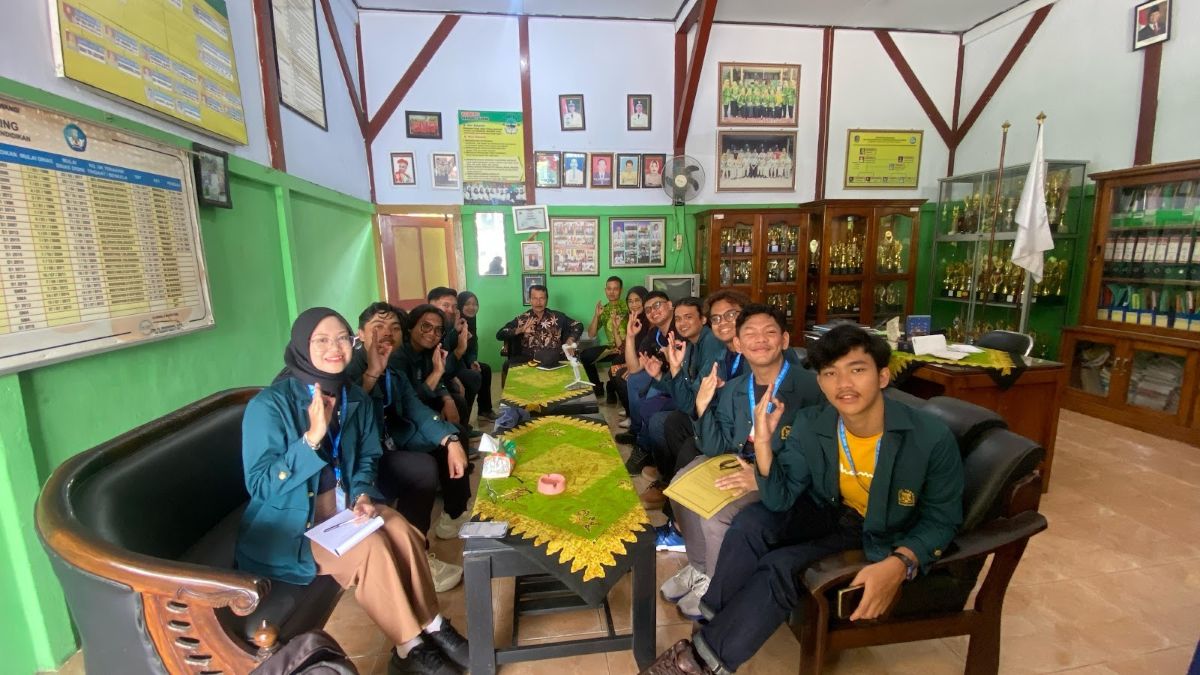BRIN Steering Committee Discusses Community Engagement in Renewable Energy Development at PPI ITB Symposium
By Anggun Nindita
Editor Anggun Nindita

BANDUNG, itb.ac.id – The Steering Committee of the National Research and Innovation Agency (BRIN), Tri Mumpuni, was one of the speakers at a symposium organized by the Climate Change Center of Institut Teknologi Bandung (PPI ITB). This symposium serves as an international collaborative research discussion forum between PPI ITB and Deutsches Institut für Wirtschaftsforschung which took place at Conference Hall, CRCS ITB Building, Bandung on Thursday (14/12/2023).
In her presentation, Tri Mumpuni shared her experiences from her visit to Dubai. She emphasized the importance of understanding the needs of people, especially in developing nations. During the previous international conferences, she mentioned that the needs of communities were not consistently well-represented.
Tri Mumpuni also showcased a film reflecting development initiatives in Aceh in 2008. She explained that the project is not only aimed to enhance natural beauty but also provide local communities with access to electricity generated from renewable sources. She highlighted the essential role of community participation in the development process to guarantee the facility’s long-term sustainability.
In the early stage of the development, she observed that only a handful of engineers were involved, while the majority of the workers were local residents. She described their efforts in building a power plant using advanced technology but remained user-friendly.

“The project not only covers the establishments of the power plant but also involves local training to ensure the community is equipped with the knowledge for maintenance and a comprehensive understanding of the technology,” she elaborated.
Tri Mumpuni stated that the project succeeded in providing electricity to remote regions, even with power plant operators who had only completed third-grade elementary schooling. She emphasized the importance of developing human capacity with empathy to ensure that efforts are not only limited to infrastructure but also to the development of human capital.
To address climate change, she encourages a comprehensive approach that covers community aspirations, interactions, and collaborative development.
“We need to listen to the local community’s aspirations, build consensus, and utilize local knowledge and science for sustainable advancement,” she added.
In her closing remarks, Tri Mumpuni expressed her hope to continue contributing to local community development, especially through renewable energy as a real solution to address climate change.
Reporter: Hafsah Restu Nurul Annafi (Regional and Urban Planning, 2019)
Translator: Sherina Wijaya (Geological Engineering, 2019)
Editor: Hanna Daniela Ayu (Aerospace Engineering, 2021)

.jpg)

.jpg)
.jpg)
.jpg)

